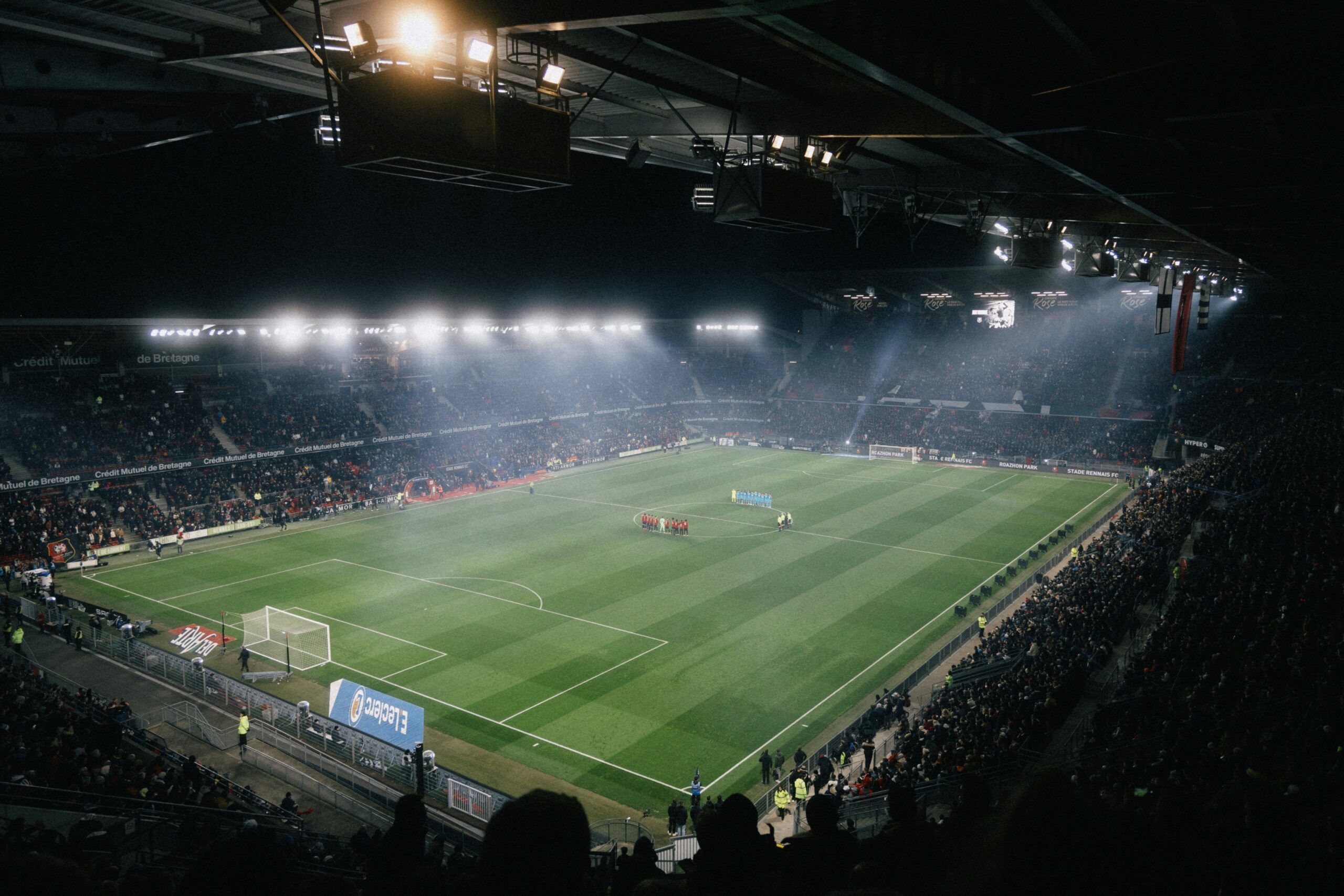
Signs Of A Gambling Problem
From effects on mental health to finances, we explore the sad reality of problem gambling.










All contents are ©
Bet365 Bonus Code, Sports, Casino and Poker Sign up offers and News
18+ Worried about your gambling? Gamcare - When the fun stops – STOP!